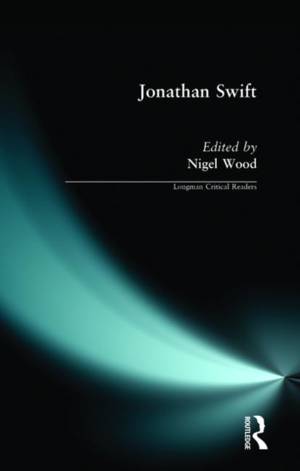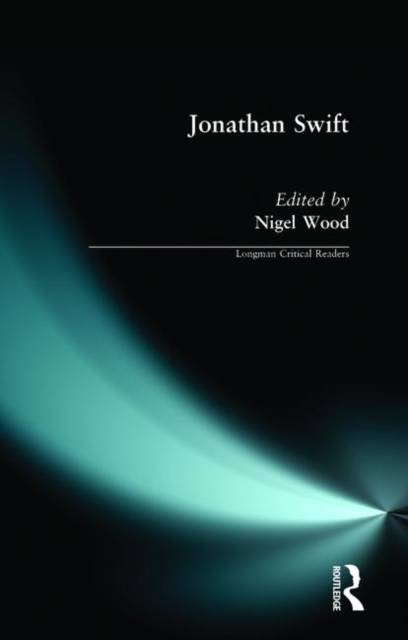
- Afhalen na 1 uur in een winkel met voorraad
- Gratis thuislevering in België vanaf € 30
- Ruim aanbod met 7 miljoen producten
- Afhalen na 1 uur in een winkel met voorraad
- Gratis thuislevering in België vanaf € 30
- Ruim aanbod met 7 miljoen producten
Zoeken
€ 126,95
+ 253 punten
Uitvoering
Omschrijving
This collection of critical thinking situates the satire of Jonathan Swift within both its eighteenth-century contexts and our modern anxieties about personal identity and communication. Augustan satire at its most provocative is not simply concerned with the public matters of politics or religion, but also offers a precise medium in which to express the paradox of ironic detachment amidst deep conviction. The critics chosen for this volume demonstrate the complexity of Swift's work. Its four sections explore matters of authorial identity, the relation between Swift's writing and its historical context, the full range of his comments on gender, and his deployment of metaphor and irony to engage the reader. Swift has often been regarded as a writer who anticipated many twentieth-century cultural preoccupations, and this volume provides an opportunity to test just how modern he actually was. It also provides an answer to those who would wish to simplify his writing as that of Tory and misogynist. The theoretical perspectives of the contributors are lucidly explained and their critical terms located in the wider contexts of contemporary theory in the introduction and headnotes. The volume places Swift historically within the philosophical and religious traditions of eighteenth-century thought.
Specificaties
Betrokkenen
- Auteur(s):
- Uitgeverij:
Inhoud
- Aantal bladzijden:
- 312
- Taal:
- Engels
- Reeks:
Eigenschappen
- Productcode (EAN):
- 9780582225725
- Verschijningsdatum:
- 2/03/1999
- Uitvoering:
- Paperback
- Formaat:
- Trade paperback (VS)
- Afmetingen:
- 139 mm x 216 mm
- Gewicht:
- 371 g

Alleen bij Standaard Boekhandel
+ 253 punten op je klantenkaart van Standaard Boekhandel
Beoordelingen
We publiceren alleen reviews die voldoen aan de voorwaarden voor reviews. Bekijk onze voorwaarden voor reviews.











